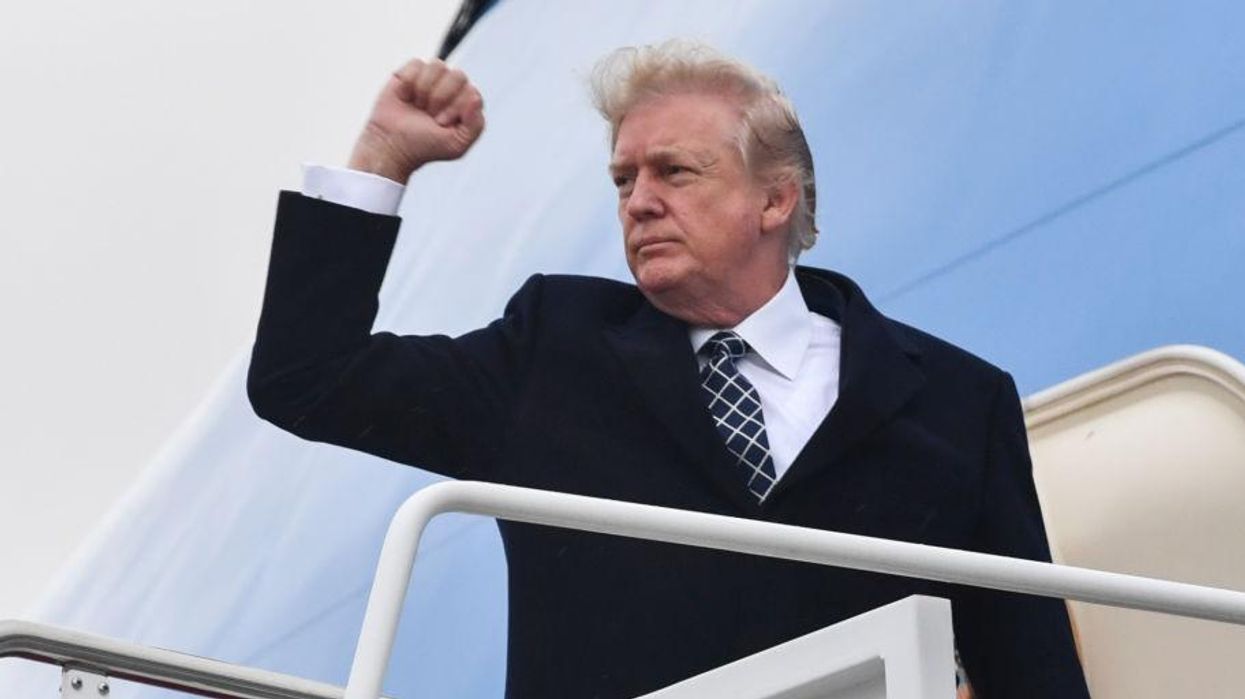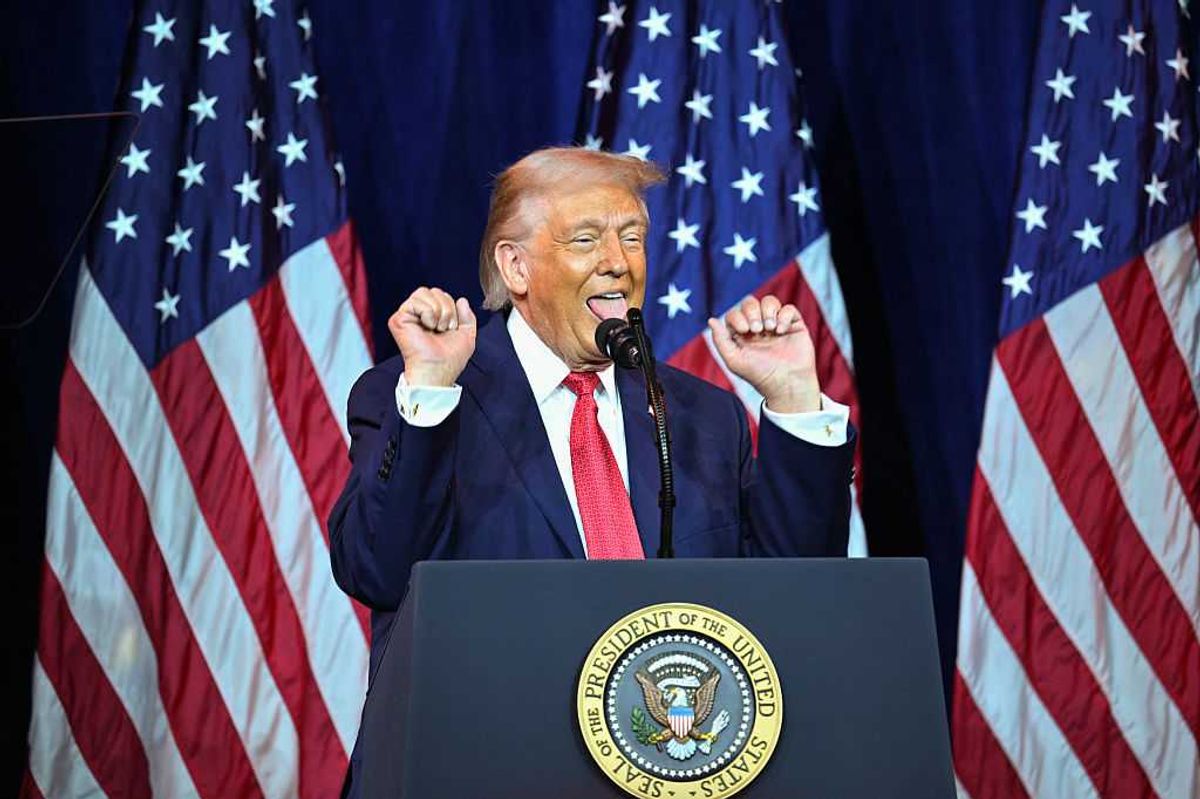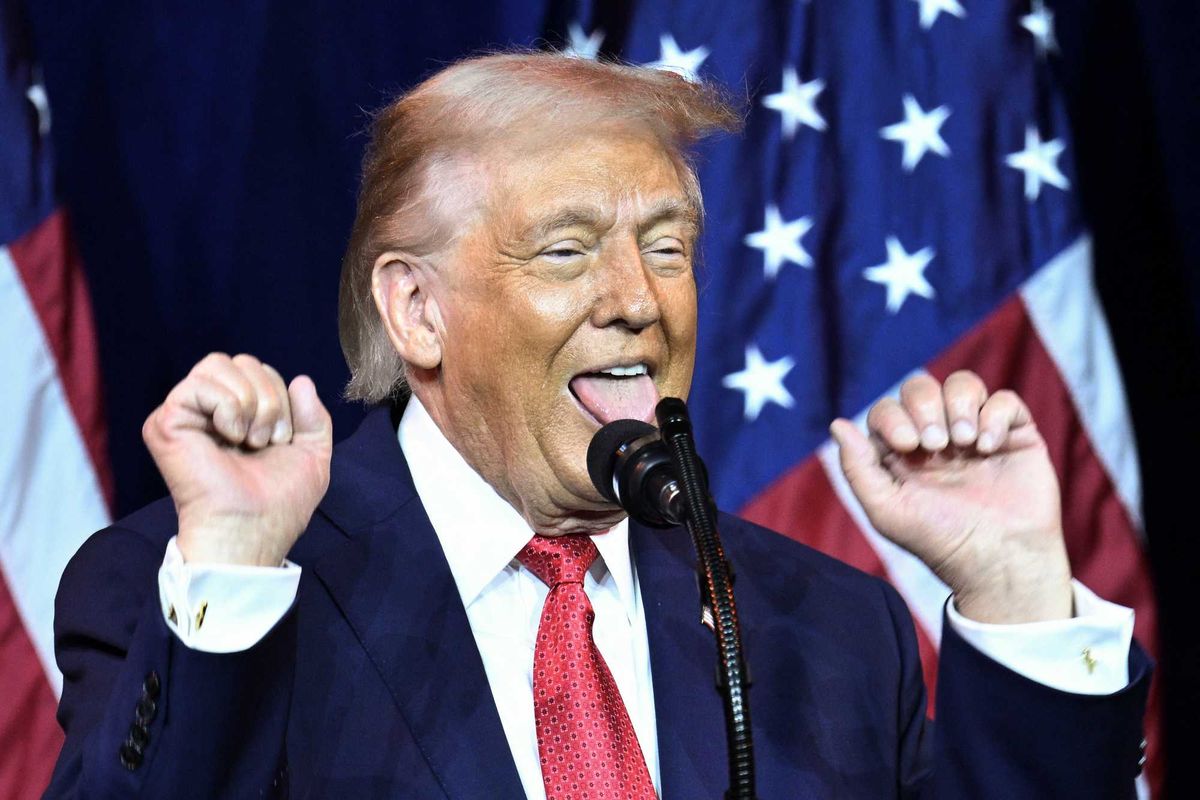News
Greg Evans
Jan 15, 2018

Picture:
NICHOLAS KAMM/AFP/Getty Images
Cast your mind back to last January. Donald Trump had been in the White House for just seven days.
As one of his first acts as the President, he signed an executive order which banned the entry of people from seven Muslim majority nations from entering America.
The ban was intended to last for 90 days but thanks to public protests and opposition in the Senate, the ban was revoked on 6 March.
New research has now found that due to the opposition to the ban being so strong and vehement, popular opinion on the policy has actually reversed.
The findings, published earlier this month by Political Behaviour show that the overwhelming amount of information that flooded news networks and social media on the ban was helped sway opinion on the issue.
The researchers from the University of Delaware state in the study:
The ban set off a fury of protests across U.S. cities and airports, garnering tremendous media attention and discussion.
Drawing insights from literature on priming, we claim that an influx of new information portraying the 'Muslim Ban' at odds with inclusive elements of American identity prompted some citizens to shift their attitudes.
The experts were able to come to this conclusion by comparing the results of two separate surveys where the same 311 people were asked their opinions on the Muslim ban before it came into effect and two weeks after it had come into effect.
In that time more than 30 per cent of those individuals had switched opinion on the issue.
Those that were shown to have displayed the most significant change, classified themselves as "high American identifiers."
Their opinion is believed to have altered thanks to news coverage showing protesters draped in and waving American flags, which helped promote the concept of a more open and equal America, appealing to pro-immigration iconography embedded in America's past such as the Statue of Liberty.
According to Eureka Alert, the experts equate the passionate response to the ban thanks to:
One instance in which the priming of American identity shifted citizens' opinions toward more inclusive, rather than restrictive, immigration-related policy stances.
The results of the survey were also compared to research conducted on public opinion surrounding other executive orders that Trump had signed such as the US-Mexico border wall and the Keystone Pipeline.
However, results on those surveys, although they had shifted were not considered to be as significant as they were to the Muslim ban.
Overall the experts believe that these findings would indicate that the American public is more likely to oppose policies of this nature in the future.
HT Eureka Alert
More: Donald Trump shared shocking anti-Muslim videos. This is how people reacted
Top 100
The Conversation (0)













